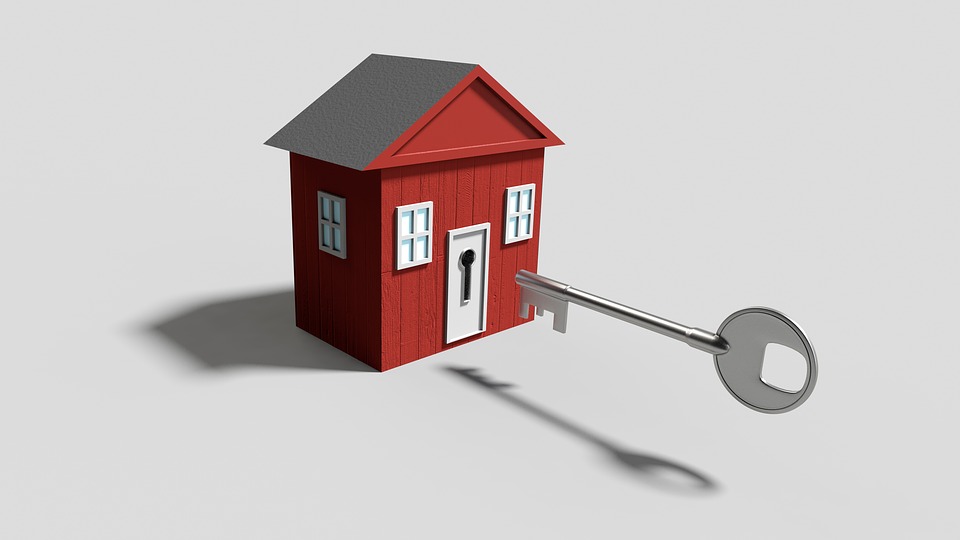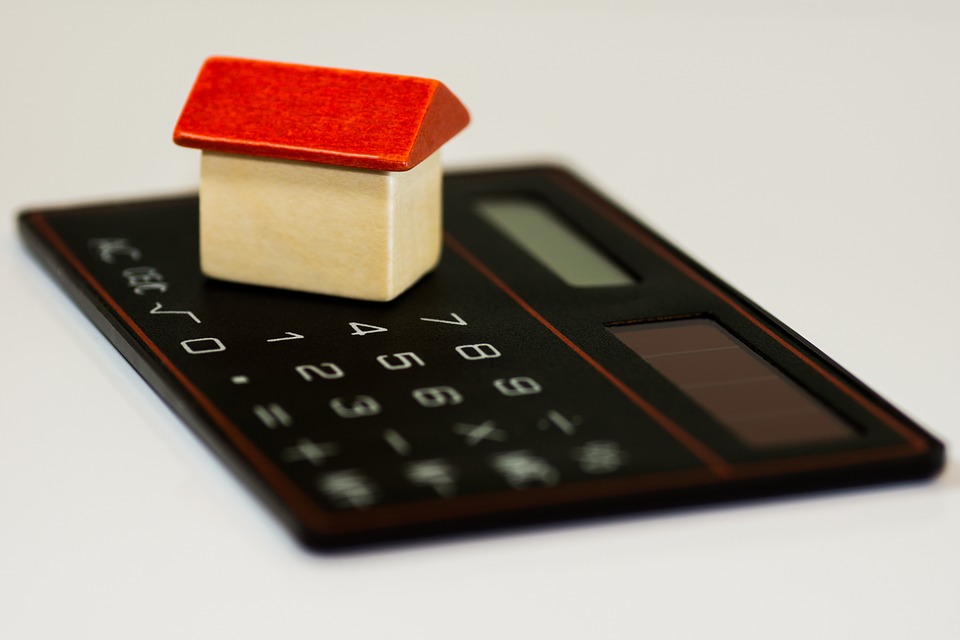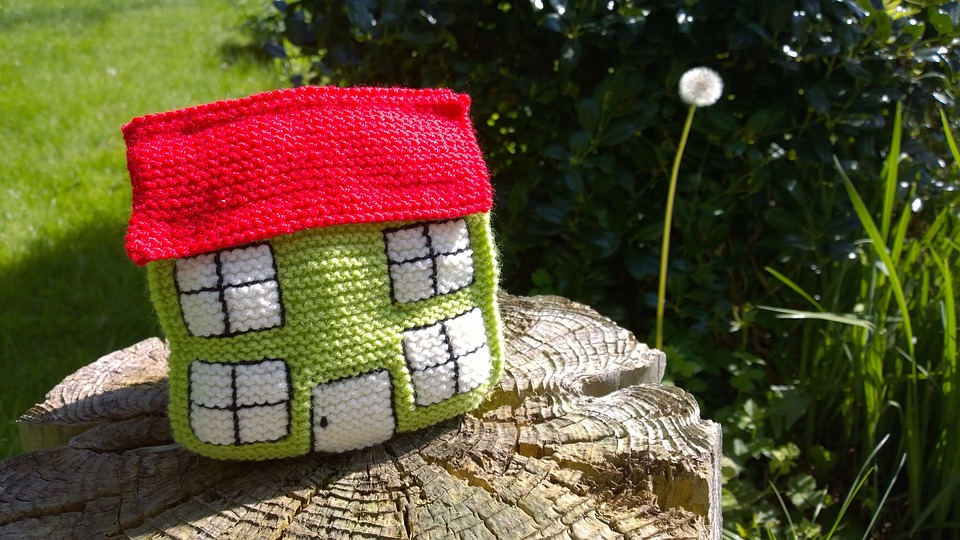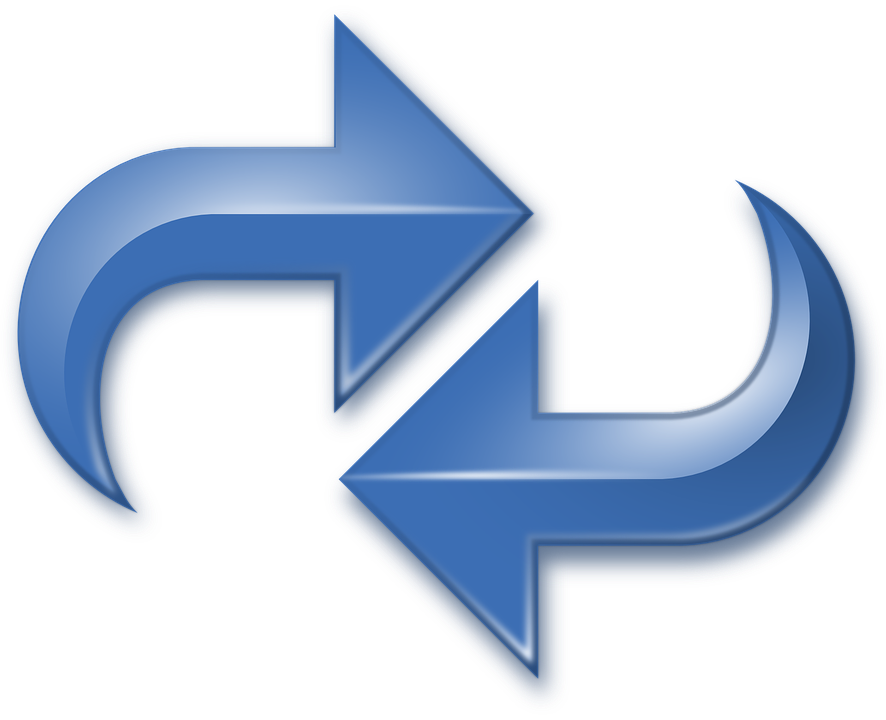You may have heard of a reverse mortgage, but do you actually know what it is? Let’s take a step back (or perhaps “shift into reverse” would be a more appropriate term) and take a closer look at this useful financial resource.
What is a Reverse Mortgage?
Simply put, a reverse mortgage is a loan. It can help you use the equity in your home while you still live in it. By getting a reverse mortgage, you can enjoy funds that can help supplement any income or savings you already have. According to American Advisors Group (AAG), which is a lender that solely works with reverse mortgages, borrowers can receive these funds through a full or partial lump sum, a line of credit, monthly payments, or a combination of options. After the borrowers leave the house or pass away, the loan can be paid back either through proceeds from the sale of the house, or through other options, such as refinancing the reverse mortgage into a traditional mortgage.

Who can get a Reverse Mortgage?
Reverse mortgages are designed for senior citizens who want to stay in their homes, but need or want additional income. In fact, the first reverse mortgage ever written was designed in 1961 in order to help a widow who would otherwise have needed to leave her home. The main premise of a reverse mortgage has remained the same since then, and as a result, in order to get a reverse mortgage, you have to be 62 years old or older, own your home outright or have a substantial amount of equity, and you must live in your home as your primary residence. If you fit all of these conditions, then a reverse mortgage may be right for you.
Pros and Cons
Before getting a reverse mortgage, it’s important to consider the pros and cons. Like any type of loan, it will need to be repaid eventually. You must have enough equity in your home in order to qualify, and you cannot get a reverse mortgage on vacation homes, mobile homes, or investment properties. You must continue to pay taxes, and you have to pay to keep the home insured and well maintained. Reverse mortgages also place a lien on the home, which some homeowners do not like if they would rather have their house completely paid off. And there are also strict regulations on reverse mortgages which tend to increase the number of requirements that borrowers must meet, although these regulations can also help protect the borrower.
Unlike many investments, the funds that you get from a reverse mortgage are not considered taxable income. And furthermore, unlike a traditional mortgage, you are not required to make monthly mortgage payments, but if you wish, you can do so without any penalty. You will also not end up owing more than what your house is worth as long as your reverse mortgage has Federal Housing Administration’s (FHA) insurance. Partly because of the FHA, reverse mortgages are considered one of the safest mortgage products available. And finally, you can continue to live in your house and remain the owner, as long as you comply with your loan terms.

How much can I get from a Reverse Mortgage?
If you’re considering a reverse mortgage, one of the things you’re probably wondering is how much money you will actually get from one. A variety of factors influence a reverse mortgage’s payout, including your age, your home value, interest rates, financial obligations, and distribution type. The older you are when you apply, the more money you will be able to access, and your potential for funds is greater if you have a higher value home. However, there is a limit for how much of a home’s value you can borrow against. As of January 2017, the limit is $636,150, so even if your house is worth more than that, the limit will affect how much money you can potentially get. (Some lenders, such as AAG, offer jumbo reverse mortgages, which have a higher limit.) Interest rates also affect your potential funds. Lower interest rates are preferable, since then you have more available funds. Financial obligations, such as a traditional mortgage, can affect how much cash you receive, since traditional mortgages must be paid using the funds from a reverse mortgage before you can use the funds for anything else. And finally, how you choose to receive your funds can affect how much you get. According to AAG, “The line of credit option typically gives you the highest possible proceeds, while the lump sum may give you the lowest.”
Using factors such as the above, a professional lender will be able to calculate your exact loan amount.

FHA (HECM) Reverse Mortgages
When considering a reverse mortgage, you may want to look at a FHA reverse mortgage, also known as a Home Equity Conversion Mortgage (HECM). A HECM is a reverse mortgage that is offered by a FHA-approved lender, and which comes with FHA insurance. Because of this, if the cost of the loan ends up being more than the value of the house, FHA insurance is used to pay the difference instead of the difference falling on the borrowers or their heirs. A home must meet FHA standards prior to being approved for a reverse mortgage, and potential borrowers must get consumer counseling. Getting a HECM can be a great way of safely enjoying the equity in your home.
Reverse Mortgages versus Standard Home Equity Loans
If you’d like to access the equity in your home, another option is a standard home equity loan. Both standard home equity loans and reverse mortgages are home loans, but they have some key differences. With a standard home equity loan, you typically get a lump sum and then continue to have monthly mortgage payments based off of a fixed interest rate. A home equity loan may cost less in the long run, but you must be able to make the monthly mortgage payments.
In comparison, reverse mortgages typically are for a larger amount of funds, allowing you to borrow more. Reverse mortgages allow you to have more options on how you would like to receive your funds, and as long as the terms of the reverse mortgage continue to be met, the loan does not have to be repaid until the last borrower leaves the house or passes away. Potential borrowers who are younger than 62 will not be eligible for a reverse mortgage, but may still be able to get a standard home equity loan.

Should I get a Reverse Mortgage?
If you meet all of the conditions for getting a reverse mortgage, you may be wondering whether or not you should. This is an important financial decision, and one you should not take lightly. It’s important to weigh the pros and cons listed above. AAG also lists some questions for those considering a reverse mortgage:
Would it help me to finally have a mortgage loan where I don’t have to pay a monthly mortgage payment?
Would it help me to be able to access the equity in my home without having to sell it?
Would I find it useful to receive my home’s equity in cash while none of it is taxed?
Do I have medical expenses, credit card debt, an existing mortgage, or bills I would like to pay down or pay off?
Would I feel more financially secure with a reverse mortgage line of credit available for my immediate and possible future use?
Would I financially be able to continue paying my home insurance and property taxes?
As AAG says, “If the answers to these questions are a solid, ‘yes,’ then the answer to the question ‘Is a reverse mortgage good for me?’ may also be a ‘yes.’” You can also take this easy, 3 minute quiz to determine if a reverse mortgage is right for you!






















